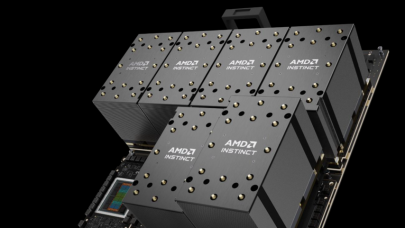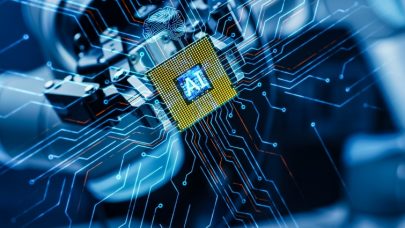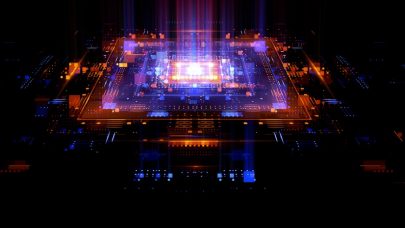June 14, 2023 — The U.S. National Science Foundation has announced 34 semifinalists for the first-ever NSF Regional Innovation Engines (NSF Engines) competition, spanning nearly all key technology areas and societal and economic challenges highlighted in the “CHIPS and Science Act.” The NSF Engines will be led by universities, nonprofits, businesses and other organizations from across U.S. states and territories. NSF is releasing the list of semifinalists to transparently encourage teaming among diverse organizations, innovation, and regional growth. View details and a map of the NSF Engines semifinalists on the NSF website.

The NSF Engines program is anticipated to be transformational for the nation, ensuring the U.S. remains globally competitive in key technology areas for decades to come. Each NSF Engine could receive up to $160 million over 10 years; actual amounts will be subject to a given NSF Engine’s status and overall progress, as assessed annually. NSF anticipates announcing the final list of NSF Engines awards this fall, with each awardee initially receiving about $15 million for the first two years.
“Each of these NSF Engines semifinalists represents an emerging hub of innovation and lends their talents and resources to form the fabric of NSF’s vision to create opportunities everywhere and enable innovation anywhere,” said NSF Director Sethuraman Panchanathan. “These teams will spring ideas, talent, pathways and resources to create vibrant innovation ecosystems all across our nation.”
NSF initially received 188 concept outlines for NSF Engines. Following a proposers’ day and other activities that encouraged teaming, NSF has now completed initial merit review of proposals, narrowing to the 34 semifinalists. During the next stage, NSF will interview each team to assess their proposed leadership’s ability to rapidly mobilize in the first two years; their competitive advantages; and budget and resources for their planned research and development, translation and workforce development efforts. Those selected to move to the final round in July will be interviewed in person to assess risks and committed resources, as well as the team’s ability to adapt to changing circumstances.
Semifinalists not selected to receive an NSF Engine award may be considered for an NSF Engine Development Award of up to $1 million over two years. These planning awards will help teams build their initial ecosystems, cultivate the necessary partnerships and potentially compete for additional funding, including through future NSF Engines competitions. Learn more about the review process by reading the funding opportunity.
Launched by NSF’s new Directorate for Technology, Innovation and Partnerships (TIP) and authorized by the “CHIPS and Science Act,” the NSF Engines program uniquely harnesses the nation’s science and technology research and development enterprise and regional-level resources. NSF Engines aspire to catalyze robust partnerships to positively impact the economy within a geographic region, address societal challenges, advance national competitiveness and create local, high-wage jobs across the country.
“Today’s announcement builds upon the 44 NSF Engines Development Awards that we announced in early May,” noted Erwin Gianchandani, NSF assistant director for TIP. “Over the next two years, those awards will help organizations create connections and develop their local innovation ecosystems to prepare strong proposals for becoming future NSF Engines. Collectively, the NSF Engines Development Awards and today’s NSF Engines semifinalists will ensure the U.S. harnesses the geography of innovation and remains in the vanguard of competitiveness well into the future.”
More information can be found on the NSF website.
About The NSF Engines Program
Launched by the NSF Directorate for Technology, Innovation and Partnerships (TIP), the NSF Engines program envisions fostering multiple flourishing regional innovation ecosystems across the country, providing a unique opportunity to spur economic growth in regions that have not participated in the technology boom of the past few decades. For more information about the program, visit the NSF Engines website.
Source: NSF
































































